The 14th Tokyo-Beijing Forum started its two days of high-level dialogue Oct. 14 in Tokyo on the theme "The role of Japan and China in promoting peace and cooperation/development in Asia - the contemporary significance of the Japan-China Treaty of Peace and Friendship."
Jointly organized by The Genron NPO and the China International Publishing Group (CIPG), some 100 government officials, politicians, experts, business executives and journalists from Japan and China gathered at a Tokyo hotel in mid-October to discuss measures to deepen Japan-China relations from the perspective of contributing to peace and stability in Asia, and the world. The two-day forum attracted an audience of some 1,500 people on the first day alone.
Yasushi Kudo, president of The Genron NPO, opened the plenary session on Oct. 14 with an address, in which he said that the postwar international order is teetering, while the situation surrounding North Korea is progressing. "In such circumstances, Japan and China are now at a historic turning point," he said, calling on the forum's panelists to engage in serious discussions to deepen bilateral relations.
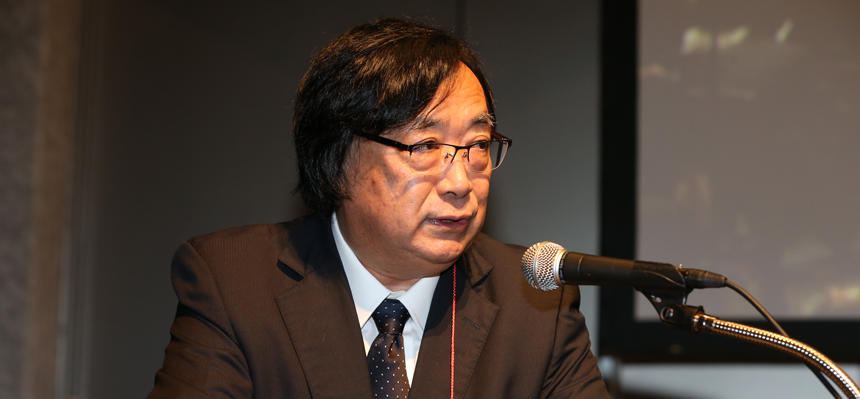
Representing the Japanese host of the forum, Yasushi Akashi, a former U.N. undersecretary-general who heads the forum's Japanese executive committee, took the podium and said, "It is of great significance for us to look back on the Japan-China Treaty of Peace and Friendship, which incorporated the principles for a relationship of long-lasting peace, friendship and anti-hegemonism, among others, which are valid today."
Forty years after its signing, Japan-China relations have evolved from government-to-government strategic reconciliation to a new stage on which both countries will advance toward genuine rapprochement, firmly based on mutual understanding between the people of both countries, Akashi acknowledged.
"To this end, it is necessary to build a new level of bilateral relations by expanding mutual and direct visits of people, and by jointly addressing new challenges for both countries, including welfare, medical services, aging populations and climate change," he proposed.
Akashi ended his address by noting, "While anti-globalism and warped nationalism are gaining momentum in many parts of the world, Japan and China should collaborate, and work together to tackle regional and global issues from the point of view of all mankind."
Representing the Chinese organizer, CIPG Vice President Fang Zenghui told the session that Japan and China should present to the world a success model for bilateral relations, in line with Chinese President Xi Jinping's key foreign policies of "a community of common destiny with mankind" and "a new type of international relations."
Fang gave high marks to the Japan-China Joint Opinion Survey 2018, which shows that the people of both countries are fully cognizant of the importance of Japan-China relations, support free trade and are pinning high hopes on stepped-up private-sector exchanges.
On behalf of the Japanese government, Yasutoshi Nishimura, deputy chief Cabinet secretary, welcomed the recent improvements in bilateral relations between the two countries.
Nishimura cited the clauses of the Japan-China Treaty of Peace and Friendship such as those on the "maintenance of relations of lasting peace," "resolution of conflicts without resorting to arms" and "anti-hegemonism" as all-important and vital principles 40 years after its conclusion.
Noting that broader public backing is vital for the improvement of bilateral relations and the expansion of mutual cooperation, Nishimura said the Japanese government will help to boost a significant increase in Chinese tourists visiting Japan, a key factor behind the improvement of Chinese people's impressions of the country.
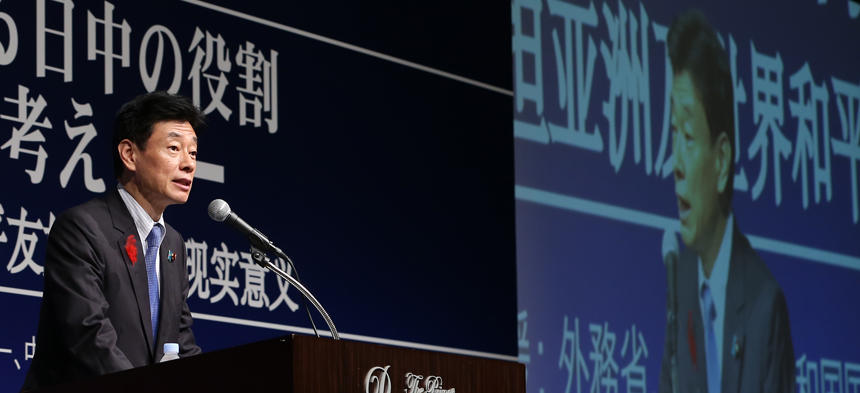
Nishimura was followed by Chinese Ambassador to Japan Cheng Yonghua who said in his address that the China-Japan relationship has now "forward-looking momentum," adding that high-level contacts have been increasing, together with exchanges in various areas.
"Japan and China need to build mutual trust" through developing a rational understanding of each other, based on the four political documents they concluded to date, the ambassador said.
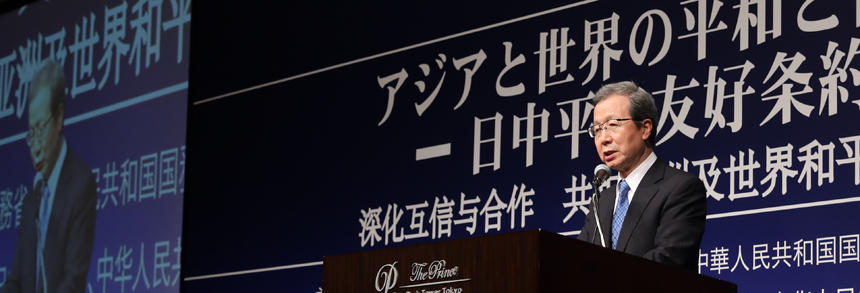
Former Japanese Prime Minister Yasuo Fukuda, who serves as supreme advisor to the forum, warned in his keynote speech that the postwar international order, which has sustained global economic development and security, to some extent, has begun to develop cracks.
"Sustained and bolstered by the international order, Japan, China and other Asian nations keep on developing their economies. Maintenance, repair and further reinforcement of the international order will benefit the entire world, and Asia, not to mention Japan and China. We have entered an era in which both countries must strive harder and fulfill their responsibilities together for the sake of preserving and advancing the international order," Fukuda said.
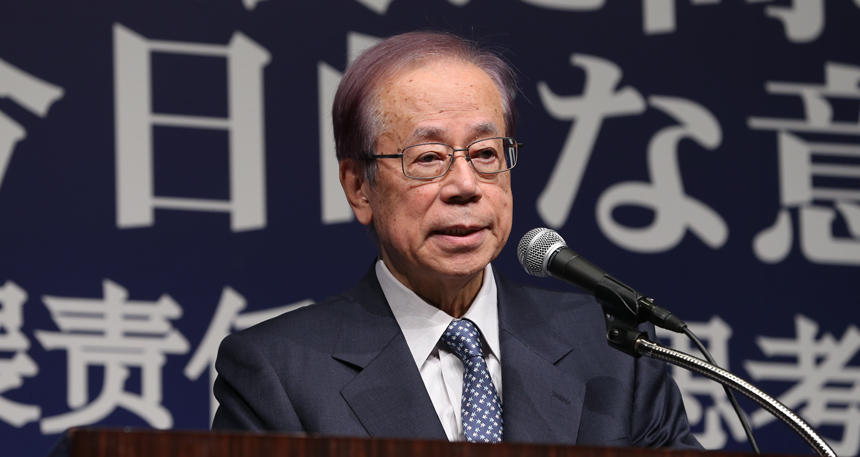
It is necessary to bring the people of both countries much closer. They should be more intimate and deepen mutual trust as the genuine foundation for Japan-China relations. Along with expert debates from a broader perspective, this forum is expected to assume the proactive role of narrowing the distance between the Japanese and Chinese people, he concluded.
As the final speaker, Xu Lin, minister of the State Council Information Office, told the session that the spirit of peace, friendship and cooperation underlies the Japan-China Treaty of Peace and Friendship. "This spirit is not only the starting point of Japan-China relations but a necessity for the peace and development of the world, which is gripped with protectionist and unilateralist forces," Xu said.
In this context, the chief spokesman of the Chinese government called on the forum as a private-sector actor to take the initiative in leading public debate and thereby prodding governments into action.
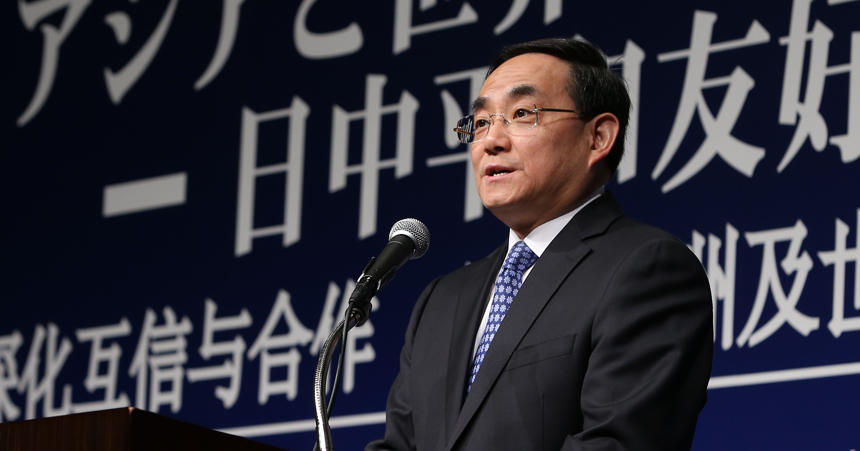
With Xu's keynote remarks, the plenary session moved to a panel discussion.
Co-moderated by Yuji Miyamoto, a former Japanese ambassador to China, and Zhao Qicheng, dean of the School of Journalism and Communication at Renmin University of China, three panelists each from Japan and China exchanged candid opinions on various aspects of Japan-China relations.
The Japanese panelists were Yoriko Kawaguchi, a former foreign minister and currently guest professor at Musashino University, Shigeru Ishiba, a Liberal Democratic Party member of the House of Representatives, and Tatsuo Yamazaki, a former vice finance minister for international affairs.
Their Chinese counterparts were Wei Jianguo, vice chairman at the China Center for International Economic Exchanges, Maj. Gen. Zhu Chenghu, former director of the National Defense University of the People's Liberation Army, and Liu Hongca, a senior member of the Foreign Affairs Committee of the National People's Congress.
Reflecting the betterment of bilateral relations, the Chinese panelists expressed appreciation for Japan's continued support and contributions to China's reform and opening-up policies for the past 40 years. They also sought Japan's increased engagement in China's "One Belt, One Road" initiative. Yamazaki responded by saying that Japan and China should collaborate in promoting "high-quality" infrastructure projects in "third countries."
As a sign of growing Japan-China economic relations, about 1,000 businesspersons will attend a signing ceremony for more than 60 joint projects in "third-country" markets, involving Japanese and Chinese firms, when Japanese Prime Minister Shinzo Abe visits Beijing shortly, according to Wei.
Wei also forecast that the number of Chinese tourists visiting Japan would exceed 10 million this year. Forty years ago, the two-way personnel exchange between Japan and China was only 10,000 annually, Liu recalled.
When it comes to the troubled relationship between China and the United States, Kawaguchi rebutted China's argument that Japan should not single-mindedly side with Washington in addressing security matters, including North Korea's nuclear program, saying that the focus of Japan's judgment is not which country, the United States or China, Japan should choose, but whether the established international rules are being observed or not.
Ishiba acknowledged that in light of the new international situation, Japan and China should exchange views candidly and frankly on such sensitive security matters as the reform of the United Nations, North Korea's nuclear ambitions and even Japan's security ties with the United States.
He asked the Chinese panelists whether there is a chance that North Korea could become a "small China." Zhu replied that given its limited national land area and small population, he thought it difficult for Pyongyang to become a "military superpower."
North Korea's desire to possess nuclear weapons is solely for its defense (to counter the U.S. military threat), and it is not targeting China, Japan and South Korea, Zhu said, adding that Japan and China could cooperate in getting rid of the seeds of war on the Korean Peninsula.

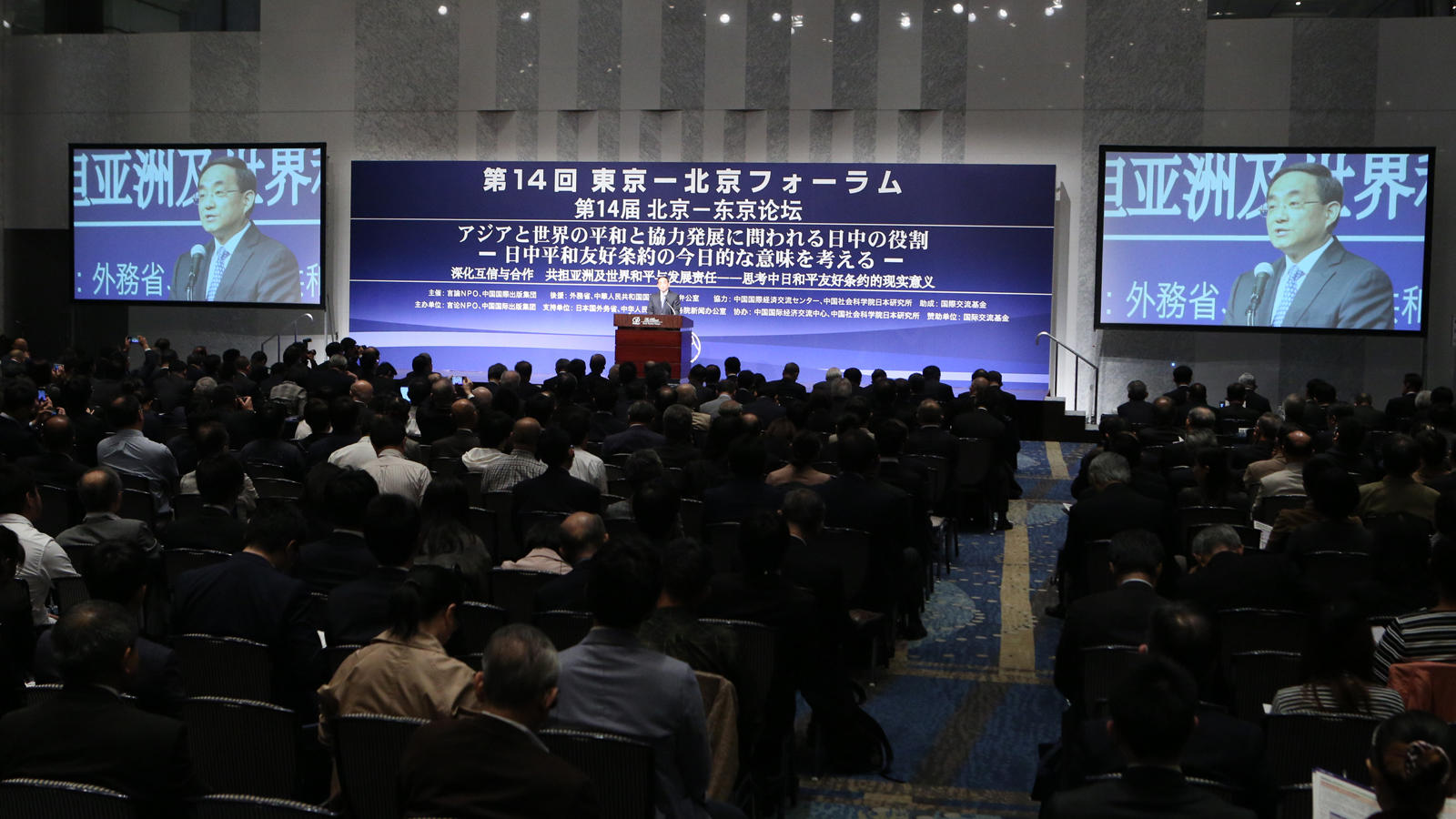
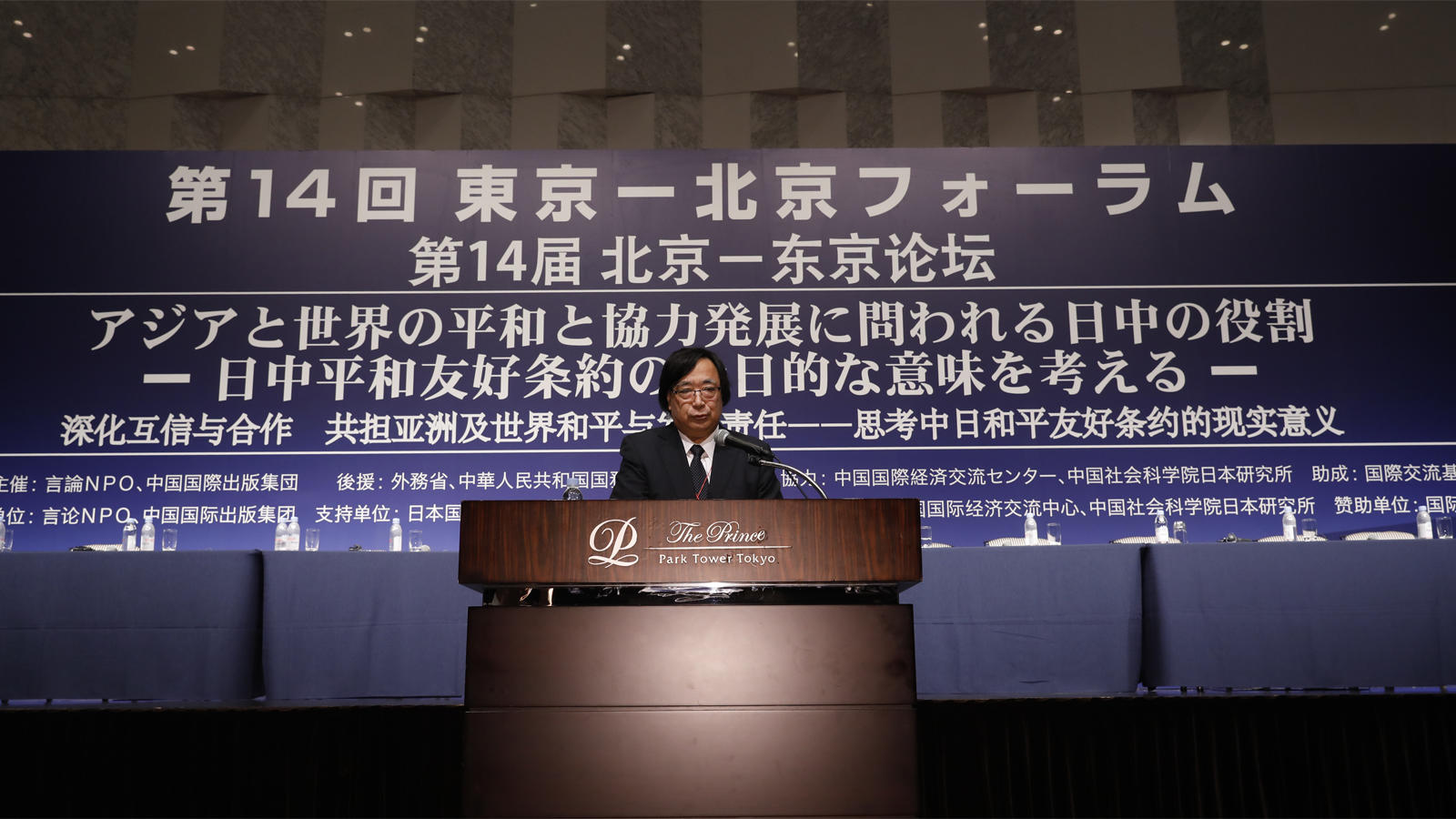
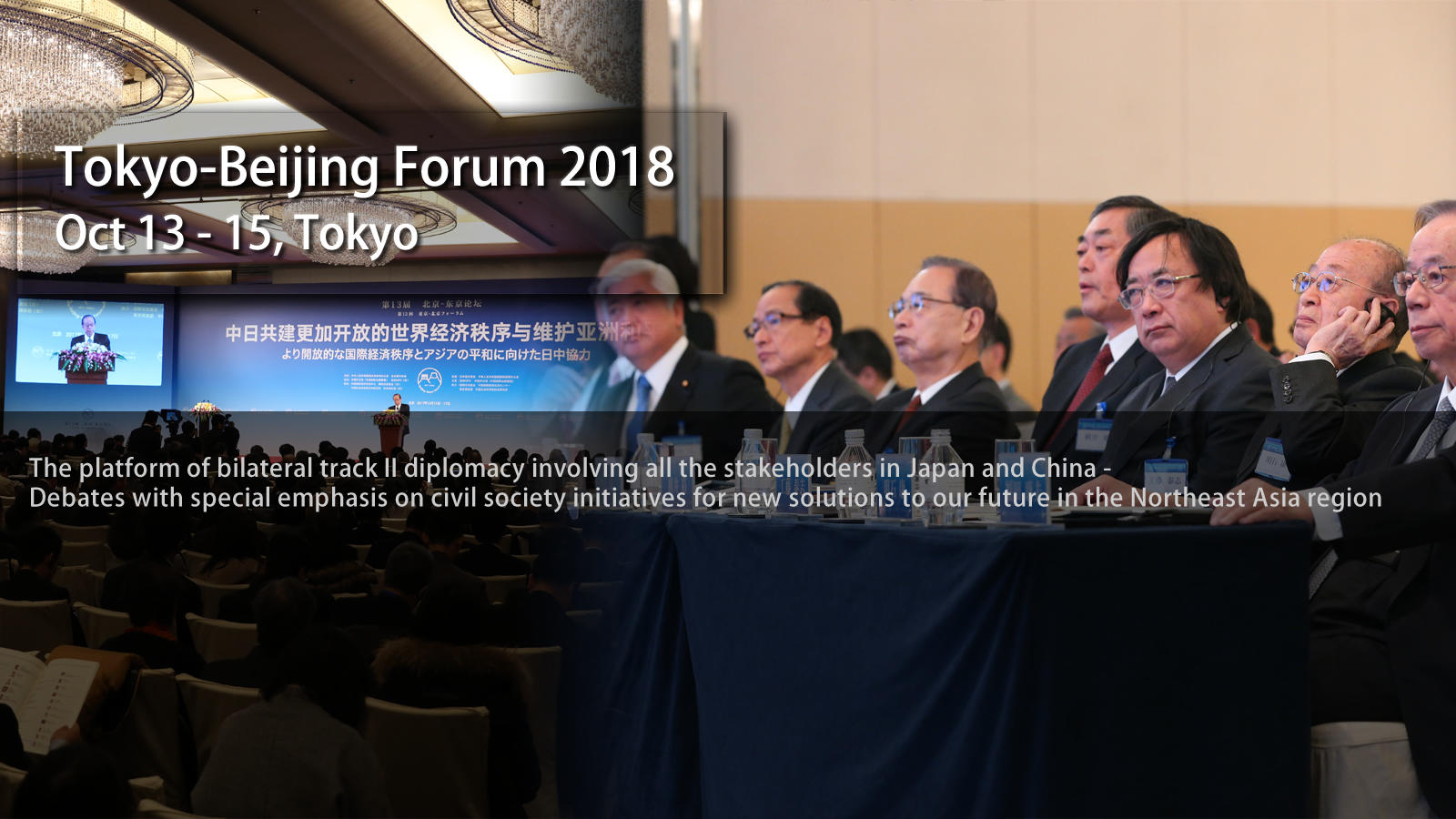
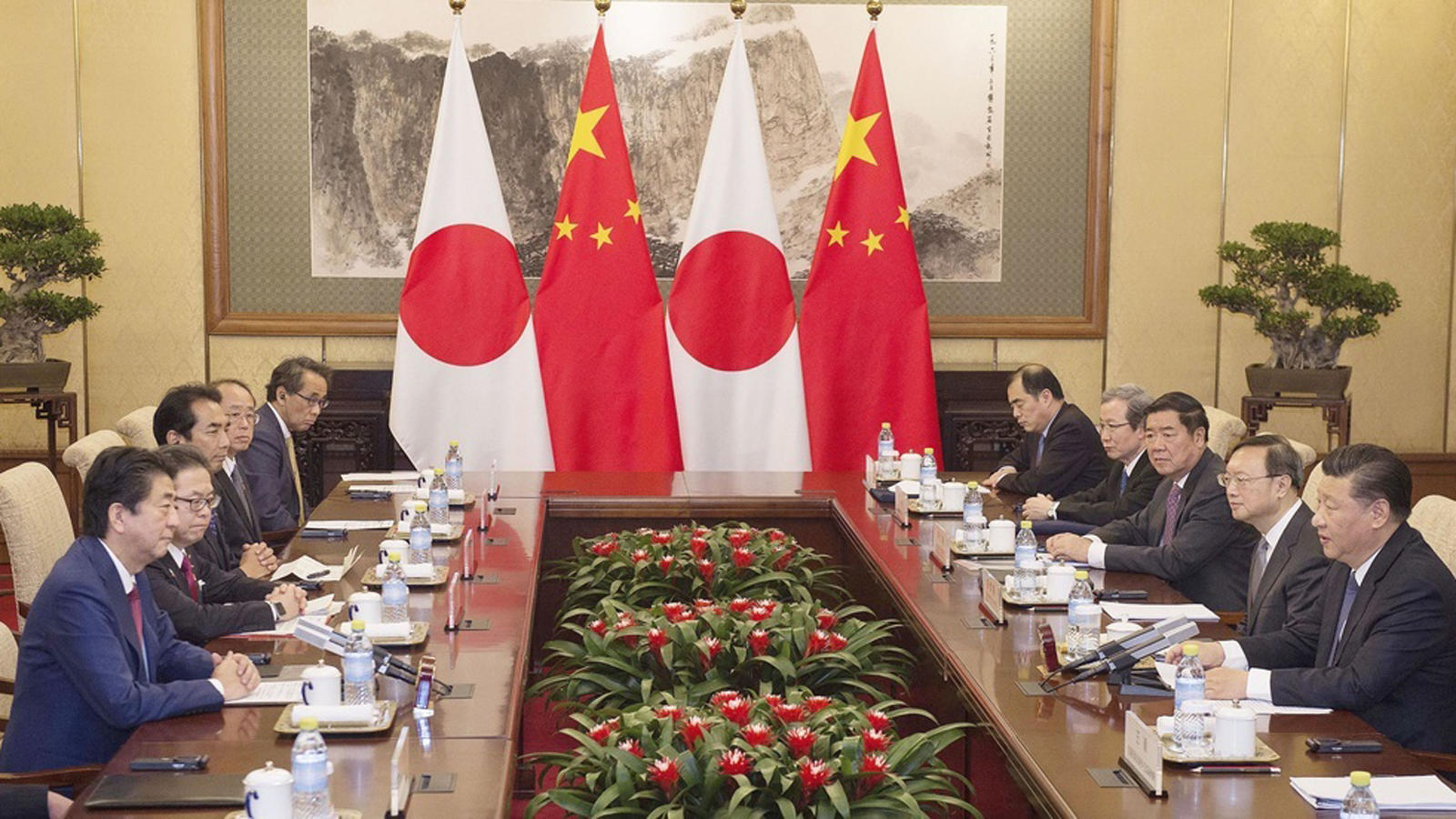
Post a comment